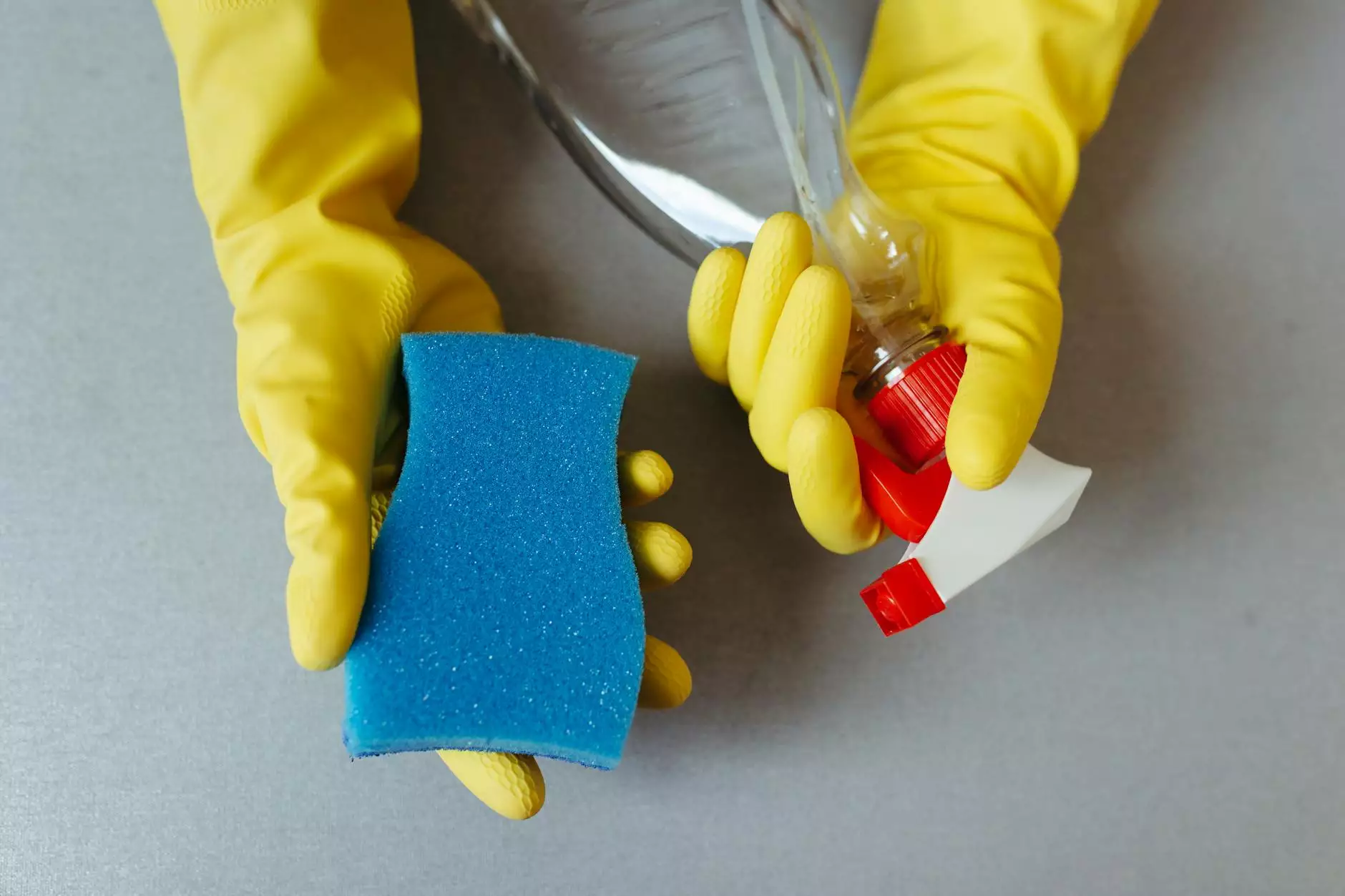Industrial Vacuum Cleaning Tools: A Comprehensive Guide for Businesses

In today's industrial landscape, cleanliness and productivity are paramount. The use of industrial vacuum cleaning tools is not just a matter of preference; it is essential for businesses aiming to maintain a pristine work environment while optimizing operational efficiency. This article explores the various aspects, benefits, and best practices associated with industrial vacuum cleaning tools, specifically tailored for businesses.
Understanding Industrial Vacuum Cleaning Tools
Industrial vacuum cleaning tools are specialized equipment designed to manage and remove dirt, dust, debris, and hazardous materials from various industrial environments. Unlike standard vacuum cleaners, these tools offer higher capacity, more robust designs, and enhanced filtration systems to handle the unique challenges of industrial cleaning.
The Importance of Industrial Vacuum Cleaners in Business
For businesses across multiple sectors, from manufacturing to healthcare, maintaining a clean environment is crucial for a range of reasons:
- Health and Safety: Proper cleaning reduces the risk of occupational hazards by minimizing the accumulation of dust, allergens, and contaminants.
- Compliance: Many industries are subject to regulatory standards that require strict cleanliness protocols. Using the right cleaning tools helps ensure compliance.
- Employee Morale: A clean workspace boosts employee satisfaction and morale, leading to higher productivity.
- Equipment Longevity: Regular cleaning with industrial vacuum tools can extend the lifespan of machinery and equipment by preventing dust and debris buildup.
Types of Industrial Vacuum Cleaning Tools
Understanding the types of industrial vacuum cleaning tools available is vital for making the right choice for your business. Here’s a breakdown of the most common types:
1. Wet/Dry Vacuums
Wet/dry vacuums are versatile tools designed to handle both liquid and solid waste. They are essential for environments prone to spills, such as construction sites and workshops.
2. HEPA Filter Vacuums
These vacuums are equipped with High-Efficiency Particulate Air (HEPA) filters, which are capable of trapping 99.97% of particles larger than 0.3 microns. They are particularly important in environments where air quality is a concern, such as hospitals and cleanrooms.
3. Central Vacuum Systems
Central vacuum systems are installed as permanent fixtures in a building, providing a streamlined cleaning experience. They are ideal for large facilities where mobility might be an issue.
4. Pneumatic Vacuums
Pneumatic vacuums utilize compressed air to operate, making them suitable for environments where electricity might pose a hazard. They are commonly used in industries like food processing and pharmaceuticals.
Key Features of Industrial Vacuum Cleaning Tools
When selecting industrial vacuum cleaning tools, there are several features to consider. Understanding these can help you make an informed purchase:
- Motor Power: Higher motor power can lead to better suction and efficiency.
- Capacity: Larger tanks reduce the frequency of emptying, making them more efficient for big jobs.
- Portability: Depending on your needs, consider whether a stationary or portable vacuum is more beneficial.
- Filtration Systems: Ensure that the vacuum has a filtration system that suits your environment, especially for hazardous material handling.
- Nozzle and Attachments: Different nozzles can enhance versatility, allowing you to clean various surfaces and spaces effectively.
Benefits of Using Industrial Vacuum Cleaning Tools
The advantages of investing in industrial vacuum cleaning tools are vast. Here are some key benefits:
Enhanced Cleaning Efficiency
Industrial vacuums are designed for heavy-duty cleaning. They provide superior suction power and efficiency compared to traditional vacuum cleaners, which improves the overall cleaning process.
Cost-Effective Maintenance
While the initial investment in industrial vacuum cleaning tools may be higher than standard options, their durability and low maintenance costs make them a wise long-term investment.
Improved Workplace Safety
By ensuring that work areas are clean, businesses can significantly reduce accidents and injuries. Keeping floors free of debris and hazardous substances mitigates risks, thereby fostering a safer work environment.
Sustainability Factors
Many modern industrial vacuum cleaning tools are designed with energy efficiency in mind. These tools not only reduce energy consumption but also contribute to eco-friendly practices by preventing waste particles from re-entering the environment.
Selecting the Right Industrial Vacuum Cleaning Tool for Your Business
Choosing the right industrial vacuum cleaning tool involves careful consideration of your specific needs. Here are some steps to help guide your decision:
Assess Your Cleaning Needs
Identify what types of materials you need to clean up, the environment you’re working in, and the frequency of cleaning. This will help narrow down your options significantly.
Consider The Layout of Your Facility
Understanding the layout will dictate whether a portable vacuum, a central system, or a combination is the best fit for your needs. Accessibility is crucial for efficient cleaning operations.
Evaluate Budget Constraints
While it is ill-advised to compromise on quality for cost, evaluate your budget to find a balance between premium and cost-effective options. Remember, investing in quality tools often pays off in the long run.
Seek Recommendations and Reviews
Research other businesses within your industry to see what tools they use. Customer testimonials and industry reviews can provide invaluable insights into the performance and reliability of specific models.
Integrating Industrial Vacuum Cleaning Tools into Your Business Operations
Once you have selected the appropriate industrial vacuum cleaning tools, it’s essential to integrate them effectively into your business operations:
1. Staff Training
Training your staff on the correct use of these tools is vital for maximizing their potential and ensuring safety. Provide training sessions and manuals to reinforce proper usage.
2. Regular Maintenance and Servicing
Establish a routine for the regular maintenance and servicing of your vacuum equipment. This extends the life of your tools and ensures consistent cleaning performance.
3. Create a Cleaning Schedule
Develop a systematic cleaning schedule that aligns with your operational needs—whether it be daily, weekly, or according to specific events or tasks.
Conclusion
In conclusion, industrial vacuum cleaning tools are indispensable assets for businesses aiming for operational excellence and superior cleanliness. By understanding their types, features, and benefits, businesses can make informed decisions that enhance productivity, improve workplace safety, and ensure compliance. As the adage goes, "Cleanliness is next to godliness," and in the industrial world, it significantly contributes to a successful business.
For more insights and premium cleaning solutions tailored to your business, visit tmm.com.tr.









